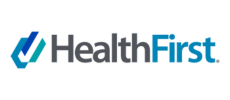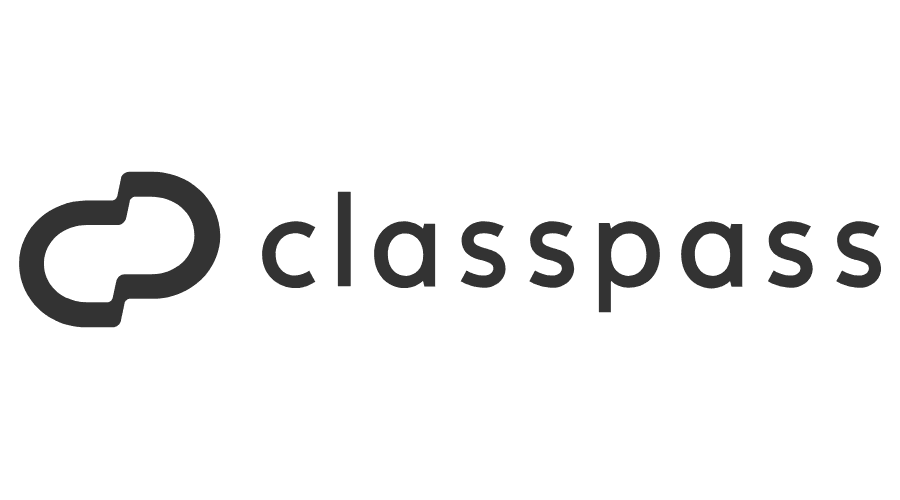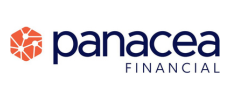NYSDOH Highlights National Public Health Week
Per the notice below, the New York State Department of Health (NYSDOH) is highlighting National Public Health Week.
New York State Department of Health Celebrates National Public Health Week
30th Anniversary of National Public Health Week Observed April 7-13
The New York State Department of Health celebrates the 30th anniversary of National Public Health Week (NPHW) from April 7-13, in support and recognition of the tremendous contributions of those essential public health professionals who keep New Yorkers healthy.
"During National Public Health Week, we recognize the sacrifice and achievements of those who dedicate their lives to public health," State Health Commissioner Dr. James McDonald said. "We live in challenging times where this noble work often goes unnoticed. It is the historic accomplishments of public health over the last century that make our lives possible, yet we have so much more to do to achieve health equity."
Each year, the American Public Health Association identifies focus areas critical to future success in creating the world's healthiest nation. This year's themes include climate change impacts to both physical and mental health; health equity and optimizing health for all; strengthening the public health workforce; public health advocacy; and prioritizing public health at every level, ensuring that everyone has the opportunity to thrive. Public health is more important than ever, especially as public health funding is facing unprecedented and substantial cuts at the federal level. Every day, Department staff, along with local health departments, County health officials, and the New York State Public Health Corps work to ensure the water we drink, the food we eat, and the places we live, are safe. And that every New Yorker has the opportunity to receive the care they need and deserve. The true value of public health is the positive impact on the communities served. A few of the many achievements in public health from just the last year include:
Improving Maternal Health
As of March 1, 2024, all New York State Medicaid members became eligible to receive doula services at no cost.
Ensuring Safe Drinking Water
New York State invested more than $313 million to improve drinking water quality across the State, including $216 million in Water Infrastructure Improvement Act grants and another $97 million for lead service line replacement.
Advancing Health Equity
The Department implemented a new law requiring Article 28 health care facilities to submit a Health Equity Impact Assessment when they want to build or renovate facilities or change the services they offer. A first-in-the-nation reform to determine how a facility's proposed project affects the accessibility and delivery of health care services.
Detecting and Responding to Infectious Disease Threats
Measles
Department staff, in partnership with local health departments, have been responding to cases of measles in 2025, ensuring testing, identifying contacts, and encouraging vaccination to prevent spread in our communities and reduce the chances of a deadly outbreak, similar to those elsewhere in the U.S. and abroad.
Avian Flu (Bird Flu)
Avian influenza jumped to dairy cattle in Texas in 2024. While the Department of Health in conjunction with the Department of Agriculture and Markets and the Department of Environmental Conservation have been working together to detect avian flu for many years, this finding led to the development of surveillance plans to look for avian flu in wild and domestic animals, wastewater, and milk. No human cases have been detected in the state to date.
Addressing Health Disparities
In 2024, the Office of Local Health Services led the update of New York's Prevention Agenda (2025-2030), which serves as a road map for both state and local action to improve the health and well-being of all New Yorkers and to reduce health disparities.
Lifesaving Cancer Screenings
In 2024, the New York State Cancer Services Program reached over 26,000 New Yorkers with potentially lifesaving preventive cancer screenings. Nearly 20,000 mammograms, 13,000 cervical cancer screening tests, and 7,000 colorectal cancer screening tests were provided at no-cost to eligible adults who do not have health insurance.
Removing Barriers to Hospice and Palliative Care
In 2024, the Department of Health established a Center for Hospice and Palliative Care to bring a concentrated focus to hospice utilization and best practices in end-of-life care.
Using Technology to Engage New Yorkers Eligible for WIC
For decades, the Special Supplemental Nutrition Program for Women, Infants, and Children (WIC) has provided nutritious foods, nutrition education, breastfeeding/chestfeeding support, and referrals to eligible individuals, infants, and children up to age five—the most important times for growth and development. When pregnant people are enrolled in the WIC Program, studies show, they are more likely to have babies with a healthy birth weight, and children in WIC are more likely to do better in school. The Department recently added Spanish as a language option for "Wanda," its virtual assistant that helps people learn about and connect with the program.
Delivering Tobacco Cessation Services
The New York State Quitline is a service of the Department based at Roswell Comprehensive Cancer Center in Buffalo that provides free help to any NYS residents who want to quit commercial tobacco and vape products. It is one of the first and busiest state quitlines in the nation and has responded to nearly 3 million calls since it began operating in 2000. In 2024, more than 30,000 New York adults who smoke or vape received free Quitline services to help them break their nicotine addiction. The Department continues to enforce against underage sales of tobacco and nicotine-based products.
Creating Healthy Schools and Communities
The Department continued to fund 21 grantees across New York State to build and support healthy communities by: increasing the availability and consumption of nutritious foods in community settings and workplaces; improving pedestrian and bike transportation systems; supporting providers to strengthen physical activity and nutrition practices in early care and education settings; and promoting school wellness by increasing nutritious options and opportunities for physical activity in schools. Since 2021, the initiative has reached over four million New Yorkers. The Department also works with schools to ensure that the school environment is adequately tested for and safeguarded against hazards such as lead in drinking water and contaminants that can degrade indoor air quality.
Over 100 Years of Public Health
The New York State Department of Health has been overseeing the health, safety and well-being of New Yorkers since 1901 – from vaccinations to utilizing new developments in science as critical tools in the prevention and treatment of infectious diseases. In the face of today's new public health challenges and evolving health care system, health equity is foundational to everything we do to help all people achieve optimal physical, mental, and social well-being. The Department, along with agency partners, continue to serve the public good. For the latest news, visit the Department's website, health.ny.gov.
Connect with the Department on Social Media
The Department utilizes a number of tools to increase public knowledge about rising flu rates and the importance of vaccinations as a critical prevention step, including public education campaigns and information on social media platforms Instagram, Facebook, X (Twitter), and Threads.

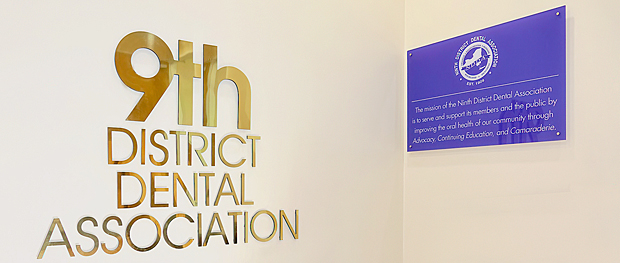


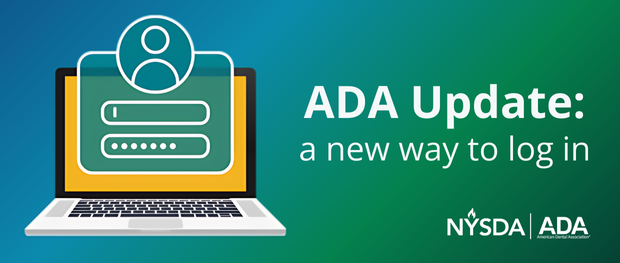
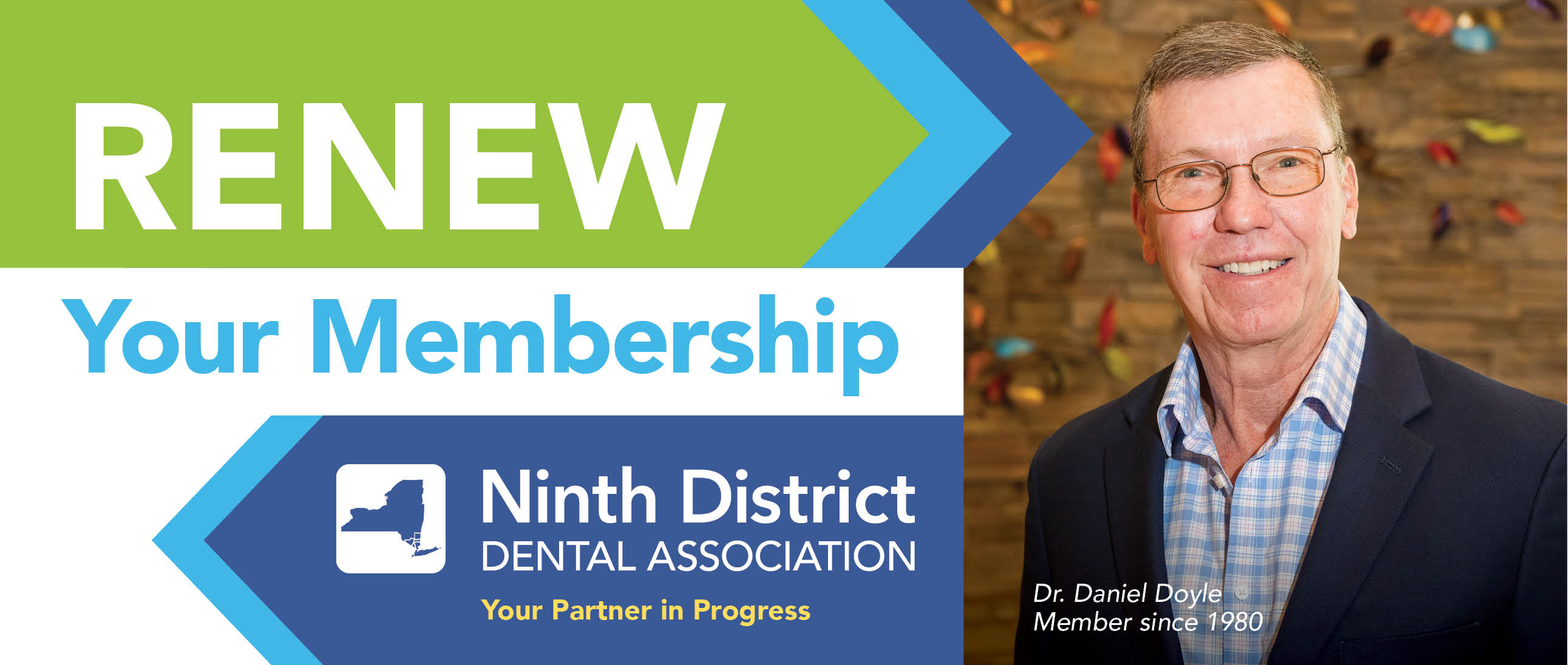
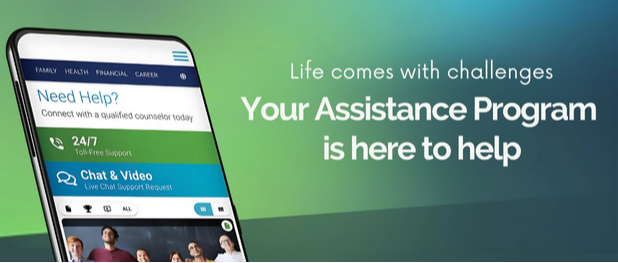





.png?sfvrsn=4447de7f_1)








